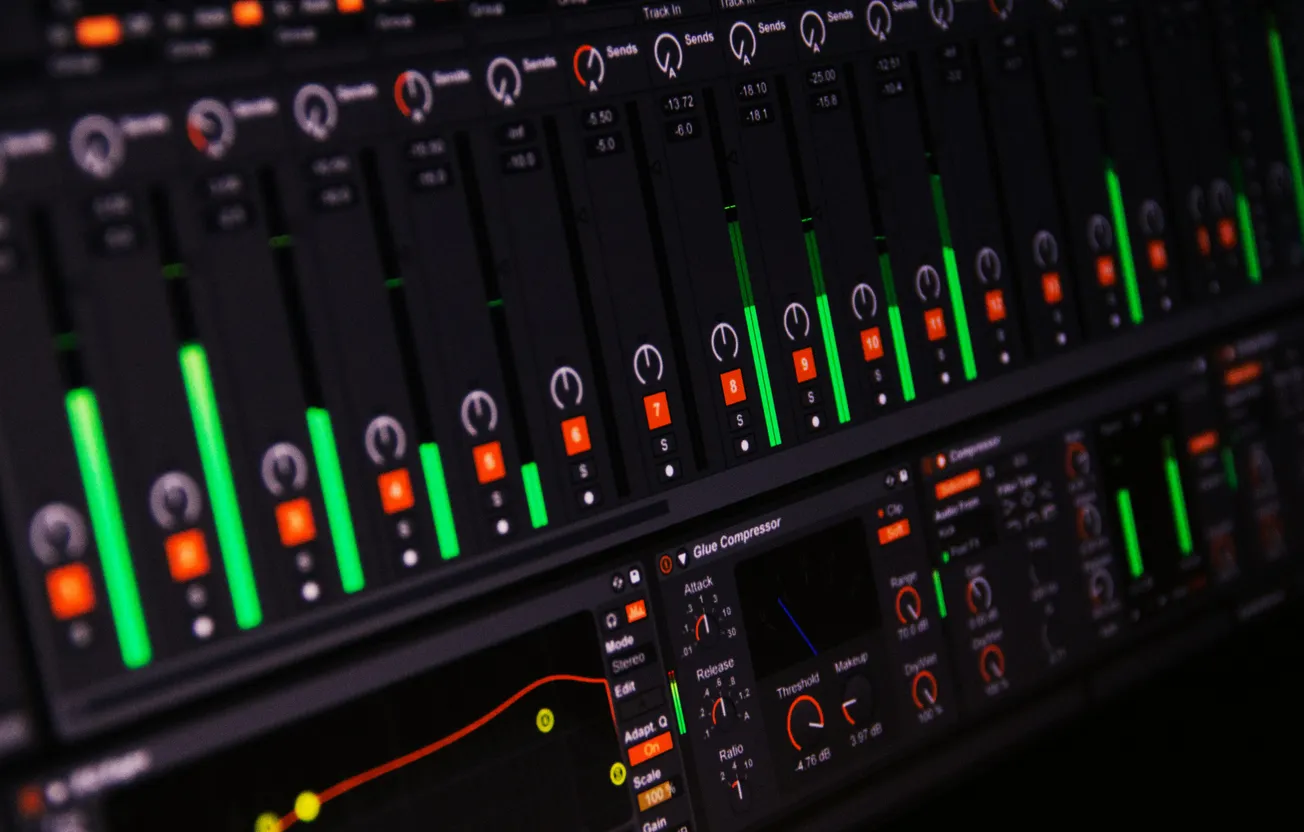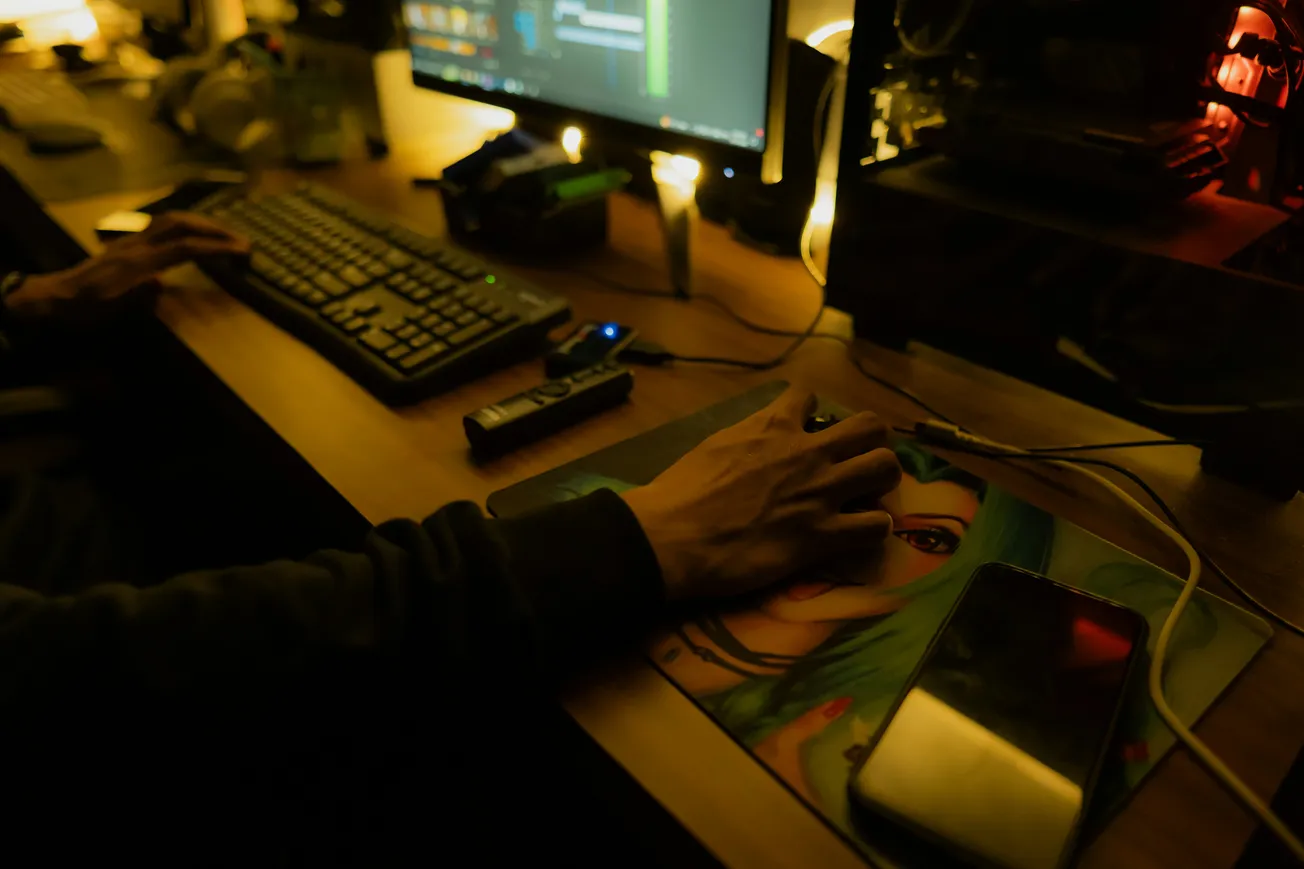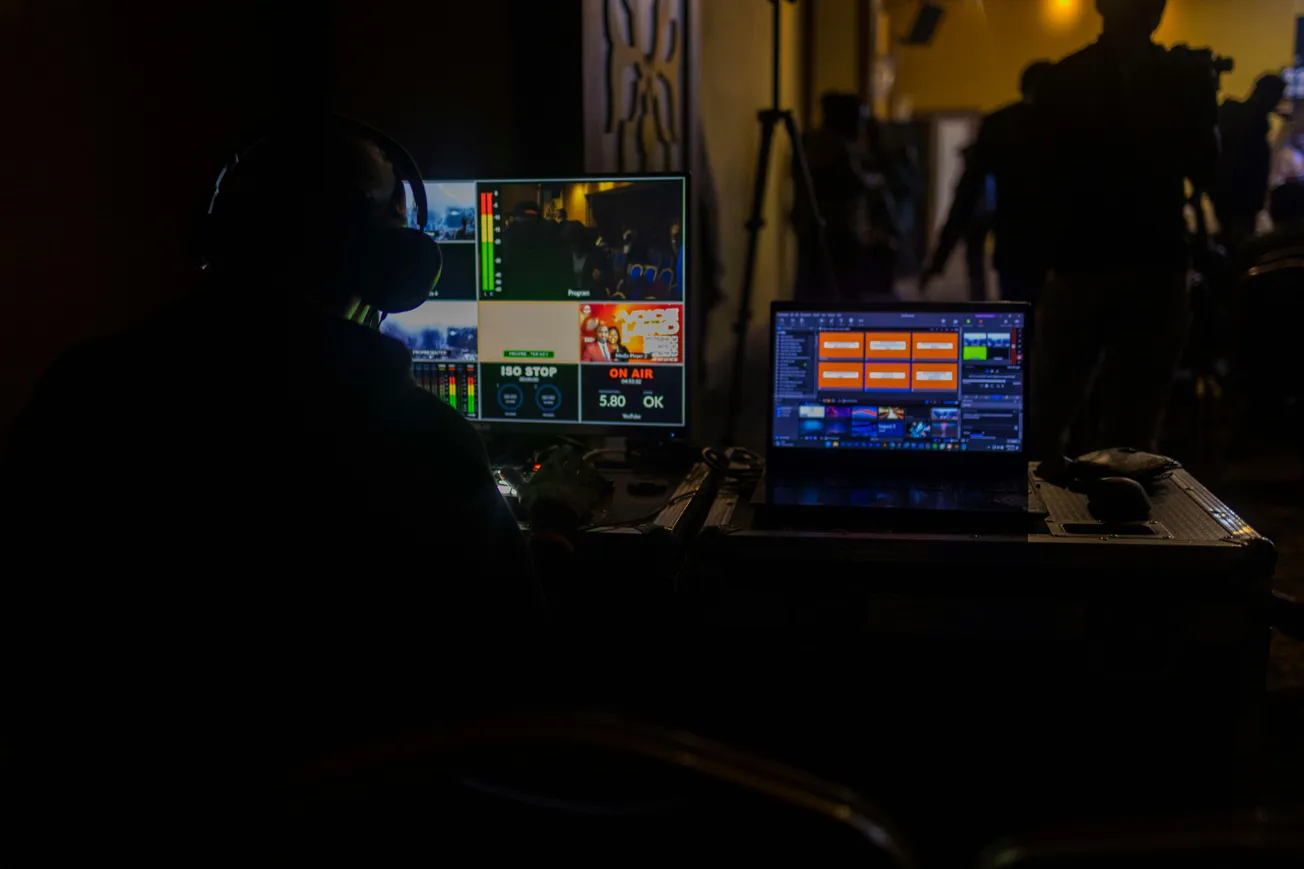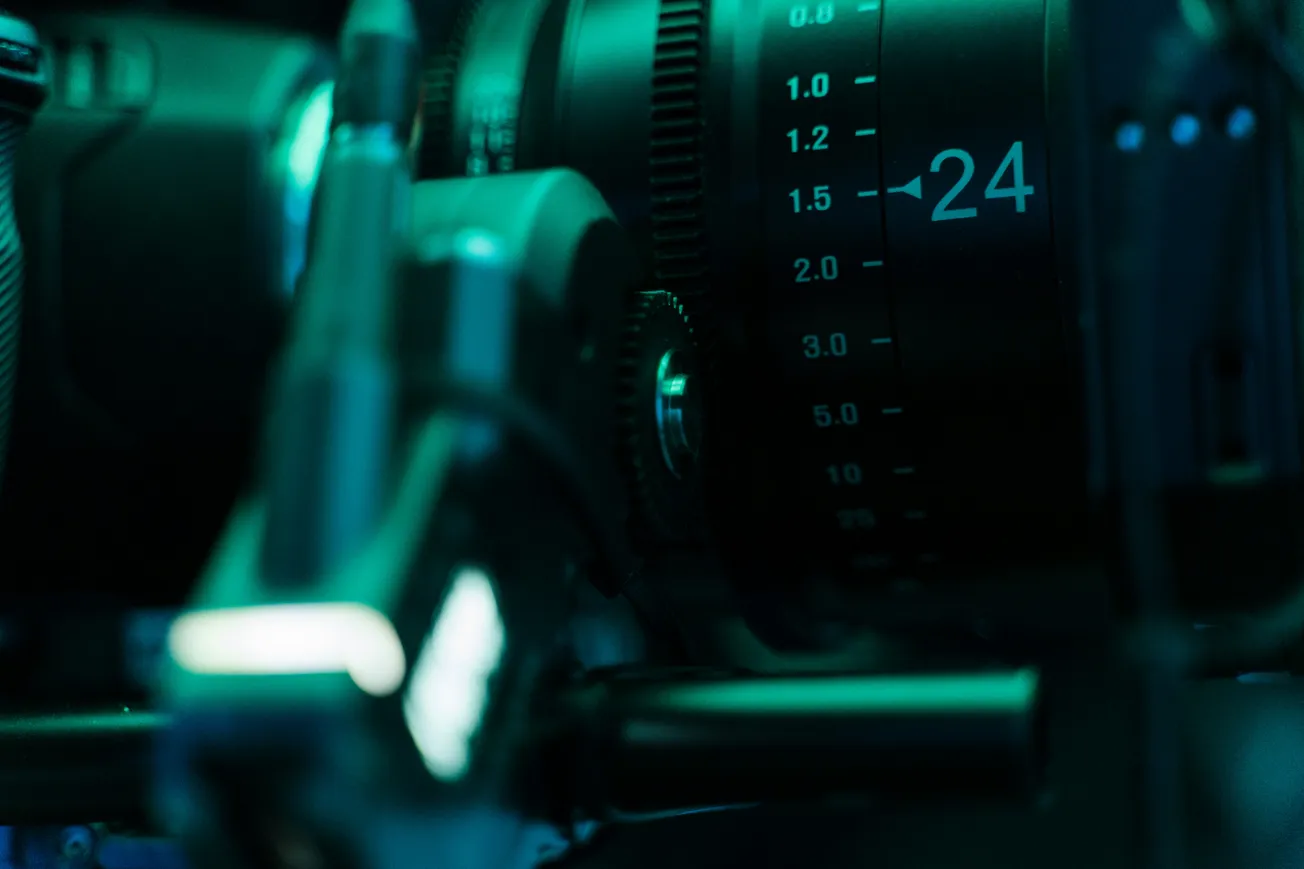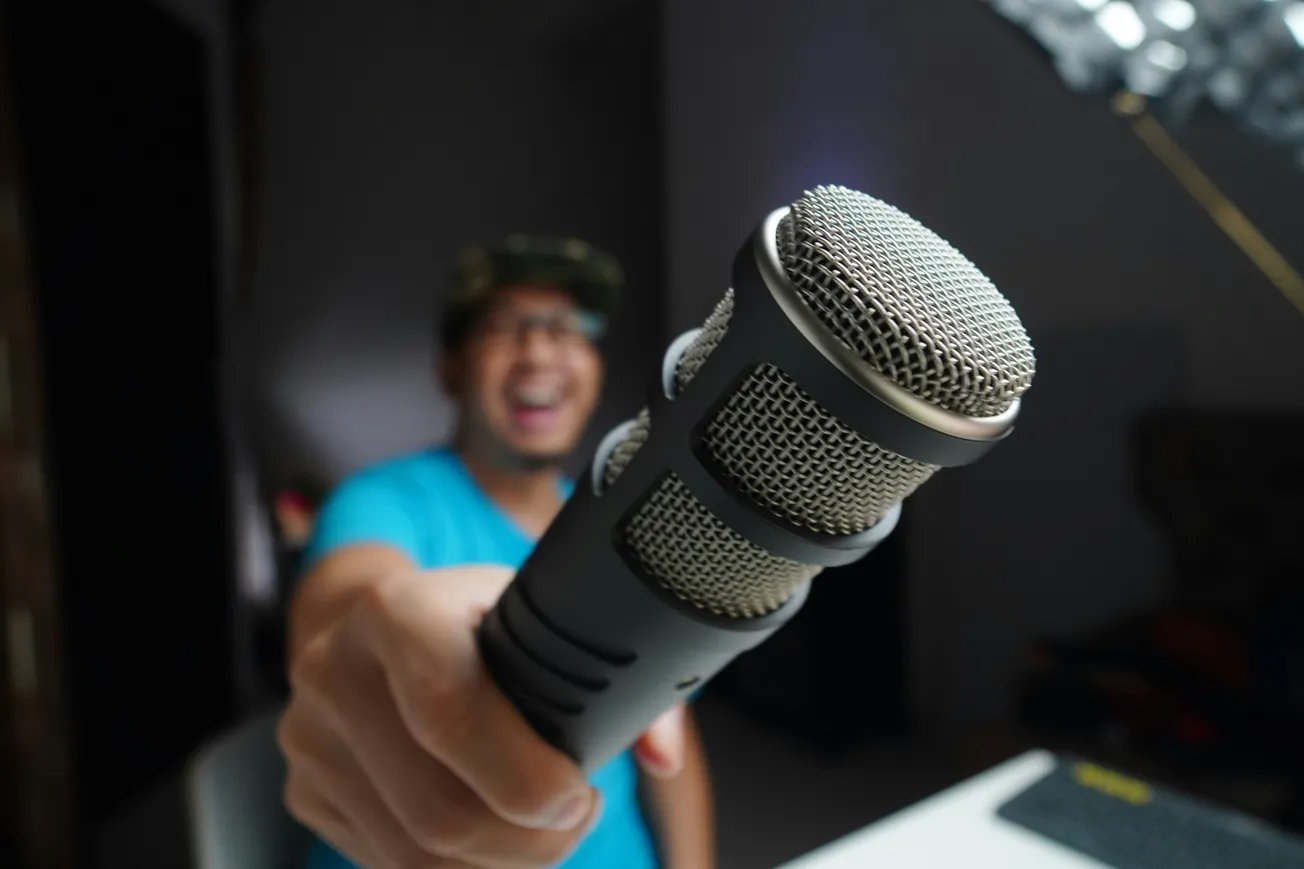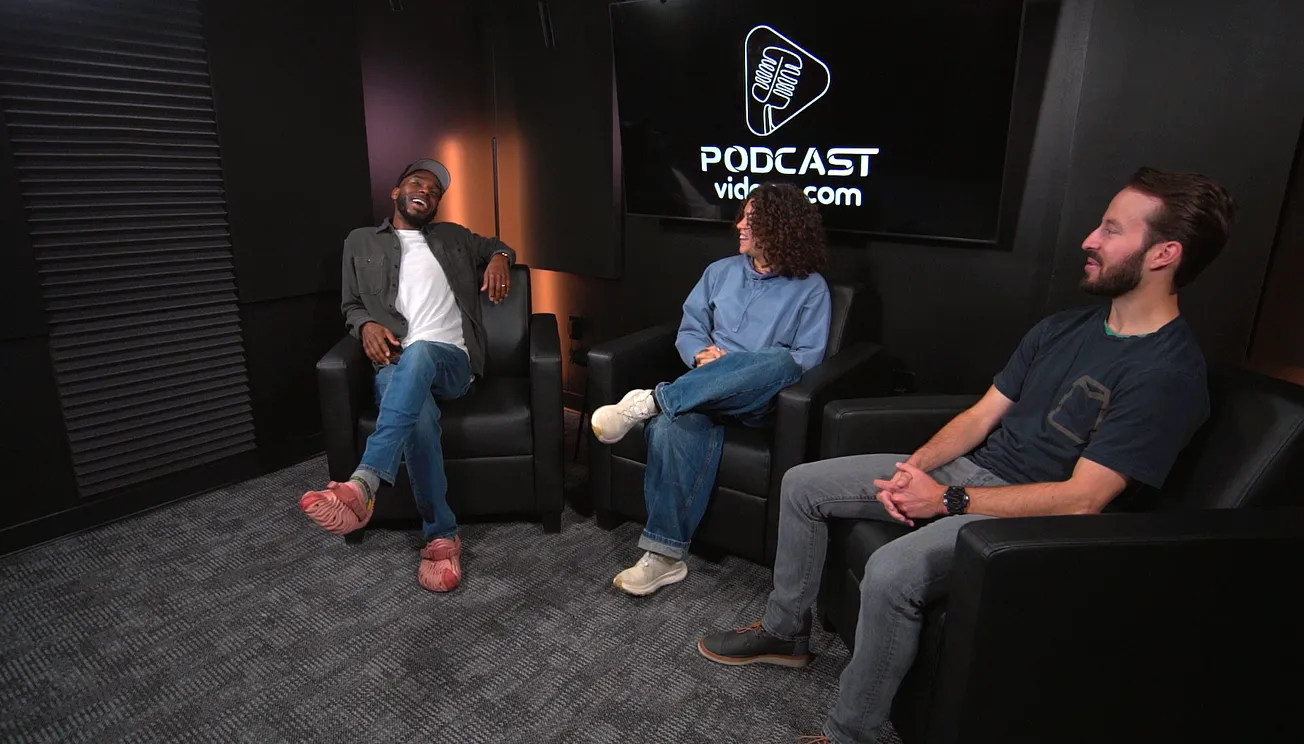AI-generated voices are getting so good, it’s becoming harder to tell them apart from real ones.
A growing body of research shows that listeners frequently cannot distinguish human voices from AI‑generated ones—and this has critical implications for creators, brands, and platforms. A fact‑check summary found that “ordinary listeners are increasingly unable to reliably tell authentic human speech from AI‑generated voice clones.”
For creators and businesses producing podcasts and audio content, this means one of two things: either your audience won’t notice subtle use of synthetic voices, or you risk eroding trust if listeners discover you’ve substituted a human host with a machine.
According to a study by Sounds Profitable, when asked about their favourite podcast featuring an AI‑generated voice (in content or advertising), 47 % of listeners said they would be less likely to continue listening, with 28 % saying “much less likely”.
Why is detection so poor? Past experiments show accuracy hardly rises above chance.
In one lab study, participants guessed correctly only around 60 % of the time. Advances in voice synthesis—cloning cadence, tone, accent and breathing—have made this gap even smaller.
From a practical perspective, here are key takeaways for podcast creators and businesses:
- Transparency matters. If you use synthetic voices (for guest segments, ads or narration), disclose it. Listeners value authenticity.
- Maintain human connection. The voice behind your show is often a core part of brand identity—AI voices may reduce that connection.
- Use synthetic voices strategically. Rather than replacing humans entirely, consider AI‑generated voices for secondary roles (e.g., translations, ad reads, backups), while keeping your show’s “personality” live.
- Monitor audience reaction. If your listeners find the voice change surprising or jarring, you may see churn or negativity even if they did not consciously detect the change.
In short: while AI‑generated voices are becoming indistinguishable from real ones, the stakes are high in podcasting. Good storytelling, trusted voice, and listener trust remain essential—even as the technology evolves.




